Frances M. Clarke is senior lecturer in the Department of History at the University of Sydney.
The University of Chicago Press, Chicago 60637
The University of Chicago Press, Ltd., London
2011 by The University of Chicago
All rights reserved. Published 2011
Printed in the United States of America
20 19 18 17 16 15 14 13 12 11 1 2 3 4 5
ISBN-13: 978-0-226-10862-9 (cloth)
ISBN-10: 0-226-10862-7 (cloth)
ISBN-13: 978-0-226-10864-3 (e-book)
Library of Congress Cataloging-in-Publication Data
Clarke, Frances M.
War stories : suffering and sacrifice in the Civil War North / Frances M. Clarke.
p. cm.
Includes bibliographical references and index.
ISBN-13: 978-0-226-10862-9 (cloth: alk. paper)
ISBN-10: 0-226-10862-7 (cloth : alk. paper)
1. United StatesHistoryCivil War, 18611865Personal narratives. 2. Soldiers writings, AmericanNortheastern StatesHistory19th century. 3. SufferingSocial aspectsNortheastern StatesHistory19th century. 4. SacrificeSocial aspectsNortheastern StatesHistory19th century. I. Title.
E601.C553 2011

The paper used in this publication meets the minimum requirements of the American National Standard for Information SciencesPermanence of Paper for Printed Library Materials, ANSI Z39.48-1992.
Acknowledgments
Im both thrilled and relieved that theres finally nothing left to do but thank all the people whove helped to get this book into print. I first began dwelling on the Civil War while studying at Johns Hopkins University under the supervision of two brilliant scholars of nineteenth-century America: Dorothy Ross and Michael Johnson. Along with Harry Marks, Michael Moon, and Larzer Ziff, they pressed me to identify more clearly the object of my study, which at that time was a rather vague notion that Northerners experienced and responded to the Civil War in ways that differed markedly from how participants would experience and react to later conflicts, and that such differences could be attributed to the culture of mid-nineteenth-century America. This may sound like a simple proposition, but trying to pin down the hows and whys turned out to be much like trying to nail jelly to a wall. Without scholars who asked hard questions and gave good advice, I might never have embarked on such a thoroughgoing transformation of my original, messy project.
I will always be tremendously grateful for the opportunity to study in the Hopkins History Department, not least for the lessons I learned while being grilled in Toby Ditzs exceptional writing workshops, or attending seminars run by Ron Walters, Dorothy Ross, and Mike Johnson. The friends I made during these years also had a profound influence on my professional and personal life, especially Nancy Berlage, Dirk Bnker, Carolyn Eastman, Tom Foster, Michael Henderson, Katherine Hijar, Paul Kramer, Catherine Jones, Cameron Logan, Clare Monagle, Manon Parry, and Rebecca Plant. My friendship with Carolyn and Rebecca, in particular, has been one of the mainstays of my life. They have read and commented on every chaptersometimes many times overas well as providing countless memories and crucial intellectual sustenance over the years. I cant possibly thank them enough or find words adequate to express what their friendship has meant to me.
Along the way, Ive been indebted to numerous institutions for providing critical financial or research support. Johns Hopkins awarded me a graduate fellowship, a Frederick Jackson Turner Travel Award, and research funding through the Bill and Louis Diamond Fund, which enabled me to complete graduate studies. Fellowships from the Pennsylvania Historical and Museum Commission and the U.S. Army Military History Institute in Carlisle, Pennsylvania, provided the initial time to develop this project, and archivists at both places directed me to material that turned out to be formative. I received additional fellowships from the Gilder Lehrman Institute in New York City, the Massachusetts Historical Society in Boston, and the Filson Historical Society in Louisville, Kentuckyeach of which offered a wealth of material and a knowledgeable, supportive staff. In addition, Ive gained valuable assistance from archivists at the New York Historical Society, the New York Public Library, the Manuscript Division at the Library of Congress, the National Archives and Records Administration in Washington, D.C., the Library Company of Philadelphia, the Duke University Rare Book, Manuscript, and Special Collections Library, and the Maryland Historical Society Library. In these days of inadequate funding for archives and libraries, I am particularly thankful to the staff who maintain the collections Ive used and who have taken the time to answer my questions with patience and expertise (especially Richard Sommers and David Keough at the Military History Institute, James Holmberg at the Filson, and Trevor Plante at NARA).
It was a lucky coincidence that a position opened up in my field at the University of Sydney just as I went on the job market. Ive now worked in the history department there for a number of years, but I still pinch myself at my good fortune. Many of our students are amazing, and Im surrounded by brilliant colleagues. I feel extremely fortunate to have landed in a place with so many Americanists. First, theres the incomparable, indefatigable Stephen Robertson. I have no idea how I would have survived in my first few years without his support and counsel, or the friendship of his partner, Delwyn Elizabeth, and their daughter, Cleo. Then theres Shane White, a font of wisdom on the mysterious workings of the university and a giver of sage advice on everything from publishing and writing to music and African American history. Clare Corboulds dry humor has also helped to keep me sane, and her no-nonsense advice on making an argument clearer or a sentence more elegant has been invaluable. So, too, has Mike McDonnells many, sometimes maddening questions. I cant imagine a colleague anywhere with more integrity or a better radar for waffling or imprecision. This is a much better book for their input.
I participate in two writing groups at the University of Sydney that have also helped to reshape this project at various points. Stephen Robertson organizes the American Reading Group. Many of its membersincluding all of my aforementioned American history colleagues, as well as Kate Fullagar, Brendan OConnell, Blanca Tovias, and Ian Tyrrellhave offered useful questions and advice, for which I am grateful. The Gender History Writing Group has also read and commented on chapters. Its membersKirsten McKenzie, Cindy McCreery, Penny Russell, and Mike McDonnellare not only exceptional colleagues and scholars but true friends. Ive learned a great deal from reading their work and hearing their comments. Penny has been particularly influentialboth as an interlocutor, a mentor, and a friend. My sincere thanks to them all.
Many other people in Australia have enriched my academic and personal life while I finished the seemingly endless job of rewriting chapters. First among them is Glenda Sluga, a wonderful colleague and role model whom I couldnt do without. Ive also been fortunate in having friends like Kate Blake and Sarah Gleeson-White in Sydney and Nancy Vaughan, Gwenda Tavan, and Genevieve Tavan-Lawson in Melbourne; they have picked me up and dusted me off when I needed them most, and reminded me what mattered. Without their collective wit and wisdom, my life would be very much impoverished.


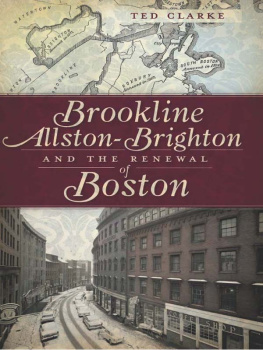
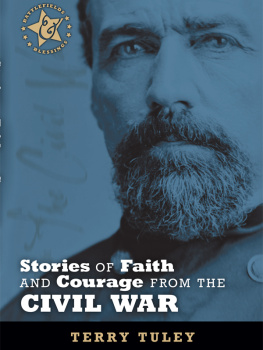
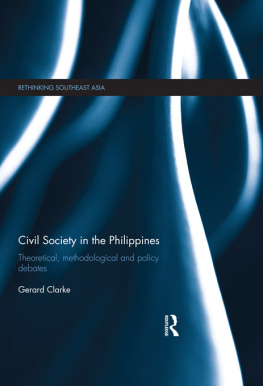
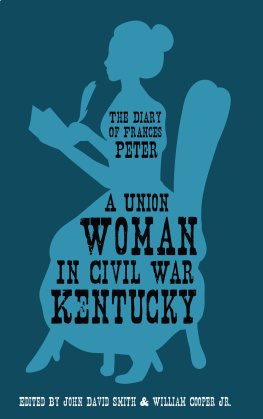

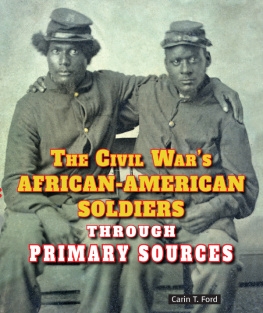

 The paper used in this publication meets the minimum requirements of the American National Standard for Information SciencesPermanence of Paper for Printed Library Materials, ANSI Z39.48-1992.
The paper used in this publication meets the minimum requirements of the American National Standard for Information SciencesPermanence of Paper for Printed Library Materials, ANSI Z39.48-1992.